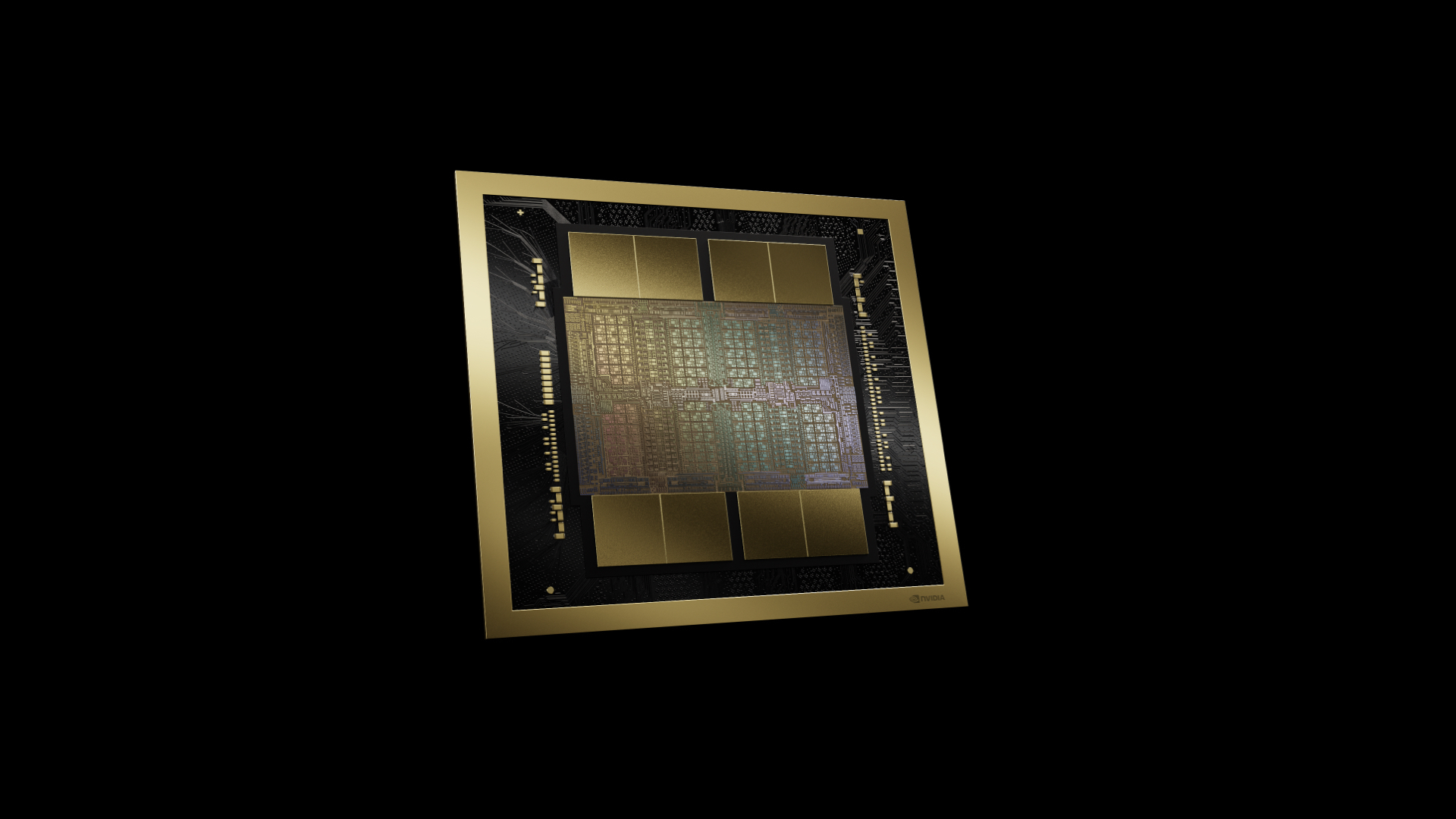
Popular hardware leaker @kopite7kimi claims from a source that the GeForce Blackwell GPUs will have a substantial increase in TGP (Total Graphics Power) requirements. According to their post on X, all SKUs would have “some increase in power consumption, with higher SKUs increasing more.” This news ties in with leaked information from Seasonic’s PSU wattage calculator, which showed the RTX 5070 requiring 220 watts (up by 20 watts from the 4070 and matching the 4070 Super) and the RTX 5090 needing 500 watts (up from 450 watts in the RTX 4090).
As with all leaks and rumors, there's at present no official information from Nvidia. Still, everything we know about Nvidia Blackwell suggests it's going to be big, and without a major bump in process node technology, higher power draw seems likely. At the same time, Nvidia could keep TGPs similar to the 40-series and leave the truly high power draw for factory overclocked AIB cards.
While the kopite7kimi agrees with the Seasonic leak that show the RTX 50-series GPUs having greater power consumption that the previous generation, they claimed that the power increases will be greater than what previous rumors. One response to their Tweet says, “I say 550W for 5090,” while another says, “Is 5070 more than the rumored 220?” and their response to both replies is a simple “more.”
This suggests that we could potentially need higher wattage PSUs just to accommodate the power demands of these bigger, badder GPUs. This news makes sense, especially as companies like Asus are building more efficient PSUs to help deliver the massive power requirements these GPUs demand.
This increase in TGPs for consumer GPUs seems to be coming from the advancements in data center and AI GPUs. Nvidia is the current leader in this segment, reportedly accounting for 98% of the market share, and its most powerful offerings like the Hopper H100/H200 use as much as 700 watts of power. While consumer and gaming GPUs will likely not be as powerful as these data center chips, they typically use a similar architecture. So, if the latest AI and data center GPUs that use Blackwell chips will have an increase in power consumption, it stands to reason that Nvidia’s consumer GPUs will follow suit.
Although gamers and other professionals will likely appreciate the greater processing power that these GPUs should offer, the increased electricity consumption could soon become problematic, especially as even midrange gaming systems that run an RTX 5070 could soon require PSUs that are in the range of 500 watts or more. And if you're the type that likes to run your PSU at around 50% load, the CPU, GPU, and other system components would likely mean using at least an 800W PSU.
While this might not be an issue for individuals, if you consider the thousands or even millions of gamers that will upgrade their systems in the long run, this could potentially be taxing on the electrical grid. And if you add the proliferation of data centers and even EVs, we might soon see problems with the national and global power supply.
We appreciate the additional speed that new GPUs typically bring to us, but we hope companies like Nvidia will develop graphics card solutions that give more performance while running more efficiently than the previous generation. We want to avoid a potential future situation where our electricity supply can't keep up with the demands of our digital society.







